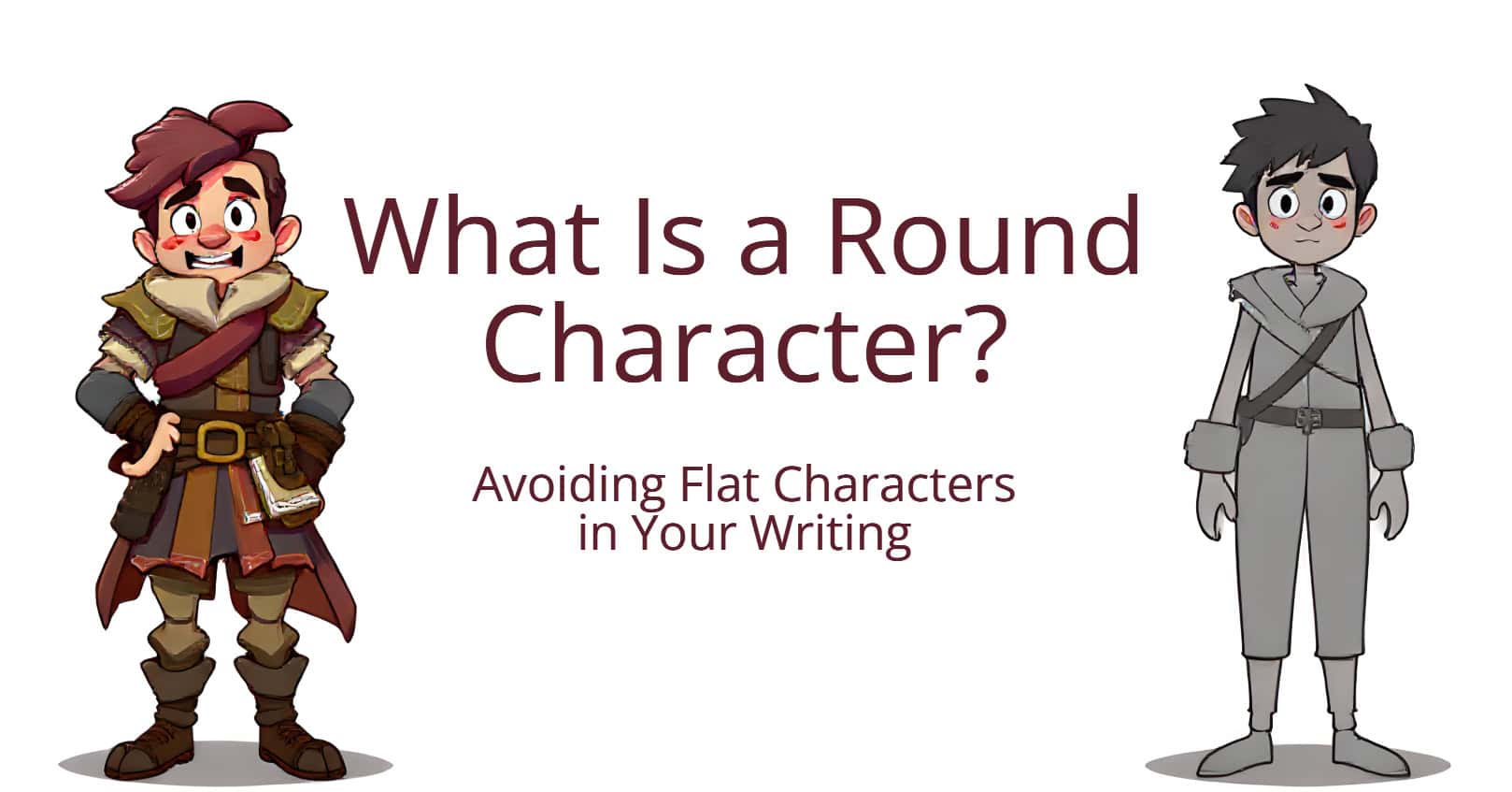
We all get very attached to what we’ve written, which is precisely why they call it “Killing Your Darlings.”
One of the best ways to deal with this attachment issue is to get distance from your writing by letting it sit for a while, so when you get back to it, you are less invested in the prose and can view it more objectively. This waiting period can happen very naturally if you give your completed novel to a bunch of beta readers, and then don’t get back to your rewrite until you’ve gotten feedback from all the ones who can give it to you.
Inviting Specific Feedback
I’d also recommend putting together a list of questions for your beta readers, but DON’T give it to them until AFTER they’ve told you they’ve finished the book, as otherwise they’ll be looking for the issues you ask about rather than just absorbing and reacting to your material. Feedback from other writers is even more prone to this problem of looking for issues, as they typically approach the book specifically looking for things to say about it rather than just approaching it as an enjoyable read.
On your questionnaire, tell people you want real, honest answers because you’re going to do a rewrite and whatever feedback they can give you will help you focus on which areas need work, and which are already working. The questions are entirely up to you, but I try to keep them open-ended rather than questions that will generate a yes or no answer. I generally start with something like the following:
- Were there any points in the story where you put the book down for several days before coming back to it (excluding those when there were extenuating circumstances in your life)?
- Were there any moments, relationships, or characters in the book that just didn’t ring true for you? If so, what were they?
- Were there any character actions that you just didn’t believe, and if so, what were they and why do you think they felt false to you?
- Did you connect and care about the main characters? If not, what turned you off about them?
One of the big advantages of doing this rather than just getting freeform feedback is that it allows you to see if there is any commonality of opinion between your readers, because the more people who feel one way or the other about your book, the more likely it is a relevant issue for your larger audience.
Dealing with Feedback
Okay, you’ve gotten some time away from your baby and have received the feedback questionnaires, now what?
Read through them all and try to keep an open mind. It’s always a challenge to receive critical feedback on your baby, particularly when you’ll often hear different things from different people. Some feedback, however, will immediately make sense to you; some you’ll bristle at, but again, if you let it settle, you’ll understand their point and come to agree with it; and some will make you feel like they just aren’t getting it.
This last one is particularly hard to deal with, but you shouldn’t ignore it, nor argue with it, nor point out why they are wrong. Remind yourself that it doesn’t matter if a character’s backstory and motives are all clearly laid out and completely consistent in your head if the reader is not understanding or believing it. Remind yourself that your book is only what the reader gets out of it, so if people are not getting out of it what you wanted them to, they are not dumb; you have failed to deliver it to them.
Secondly, whenever possible, don’t react to their criticism in the moment, and don’t become defensive. Also don’t get hung up on what they’re saying, but instead try to figure out why they’re saying it. Very often what they say the problem is, and/or what they propose as a solution does underscore a valid issue, but their actual suggestion as to what the issue is or how to fix may be way off-base.
For example, you might get the note that your ending didn’t work because the bad guy gets away with it (whatever “it” may be) and they want him/her to have a comeuppance.
Now what they are saying is they aren’t feeling satisfied by the ending, which is certainly a problem if any significant number of your readers feel that way, as that can make or break your book. WHY they are saying that, however, may have nothing to do with their proposed solution. It could be that your villain or hero isn’t well drawn enough so that their triumph over our hero doesn’t have the emotional impact it should; it could be that the villain gets away with it by happenstance rather cleverness or ingenuity on their part; or it could be that it’s not set up well enough so that it feels like it comes out of left-field.
Or, of course, you could agree with them and decide that the ending is inappropriate for the tone of the rest of the book, and change it as suggested. That’s always a valid choice if you understand the underlying reason for their comment and decide that their solution is the best way to address it.
But instead of changing your ending, the true solution to telling the story you want to while satisfying your readers might be to build up the bad guy’s success so it’s not just that they merely evaded justice but that their brilliant evasion is a real triumph for them. You might have a huge moment where the bad guy successfully destroys that one piece of evidence that could have proven our hero’s innocence, turning it into a big ending where it’s a real tragedy rather than just a frustrating injustice.
This is just a single example, but my bottom line is to always view people’s feedback through the lens of the question “what is the problem we are trying to solve,” as by doing so, you can make other people’s feedback far more useful to you, and vastly improve your rewriting process.
When you’re struggling with applying feedback or rewriting your baby, then my advice is to just give it a little time.
I’d love to hear any tips on rewriting in the comments below!
















Comments